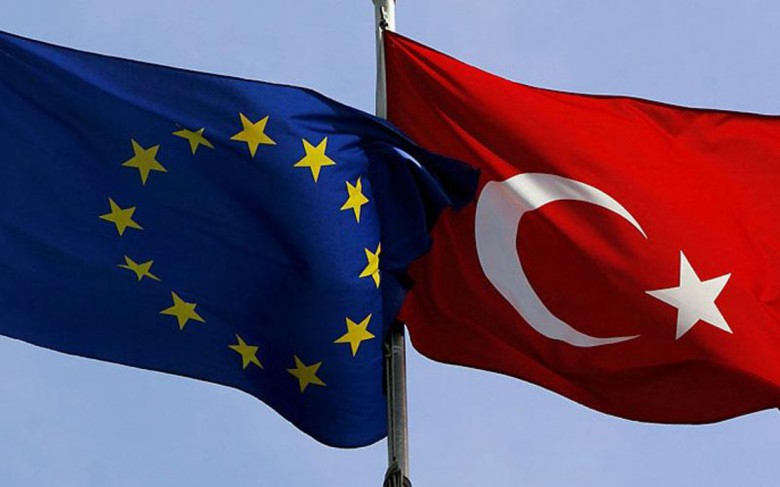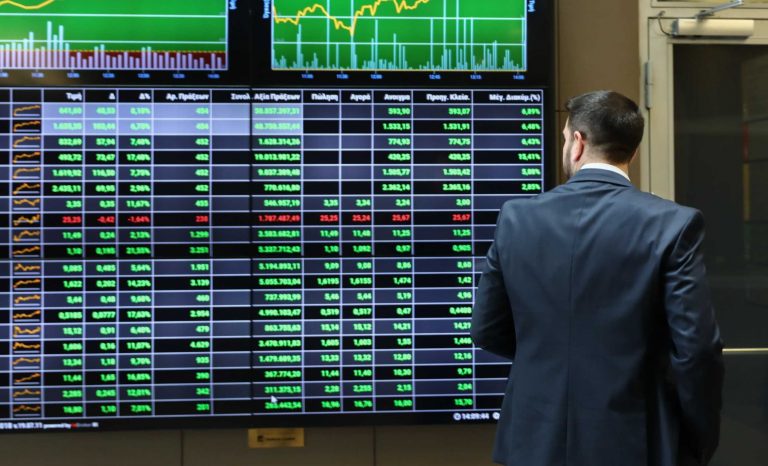According to the final figures published by Eurostat, the European Union’s statistical office, inflation in Greece settled at 3.7% in December 2023 (2.9% in November), compared to the Eurozone average of 2.9% (2.4% in November).
The CPI stood at 9.2% a year earlier, and the annual EU inflation was 3.4% in December 2023, down from 3.1% in November.
Core inflation, which excludes volatile items such as energy and food and is closely monitored by the European Central Bank (ECB) as a more reliable indicator, showed mixed results. The annual core inflation rate dropped slightly to 3.4% from 3.6%. However, on a monthly basis, it increased by 0.5%, higher than the preliminary estimate of 0.4%.
Denmark recorded the lowest annual inflation rate in December at 0.4%, followed by Italy and Belgium, both at 0.5%. The highest inflation rates were observed in the Czech Republic (7.6%), Romania (7.0%), and Slovakia (6.6%). Compared to November, annual inflation decreased in 15 member states, remained stable in one, and increased in 11.
Key Contributors to Inflation in the Eurozone
In December, the services sector made the largest contribution to the eurozone’s annual inflation rate, accounting for +1.74 percentage points (p.p.). This was followed by food, alcohol, and tobacco (+1.21 p.p.), and non-energy industrial goods (+0.66 p.p.), while energy prices made a negative contribution (-0.68 p.p.).
These figures underscore the ongoing challenges in curbing inflation across Europe, despite significant improvements compared to the previous year.
According to recent data from ELSTAT (Hellenic Statistical Authority), inflation in Greece rate reached 3.5% in December 2023, up from 3% in November. Food inflation, however, remained significantly higher, standing at 8.9%.
These figures highlight the persistent pressure on household budgets, particularly in terms of essential goods.











![Οι αλλαγές που υπάρχουν στα φορολογικά έντυπα για τα εισοδήματα του φορολογικού έτους 2024 από ακίνητα [Γ’ Μέρος]](https://www.ot.gr/wp-content/uploads/2025/03/akinita.jpeg)










